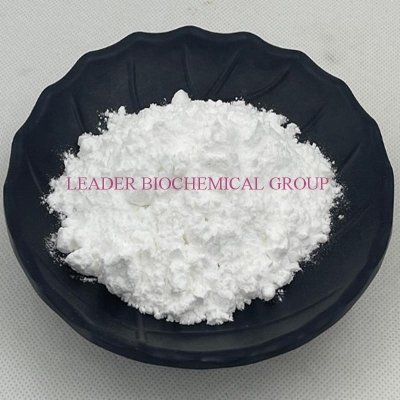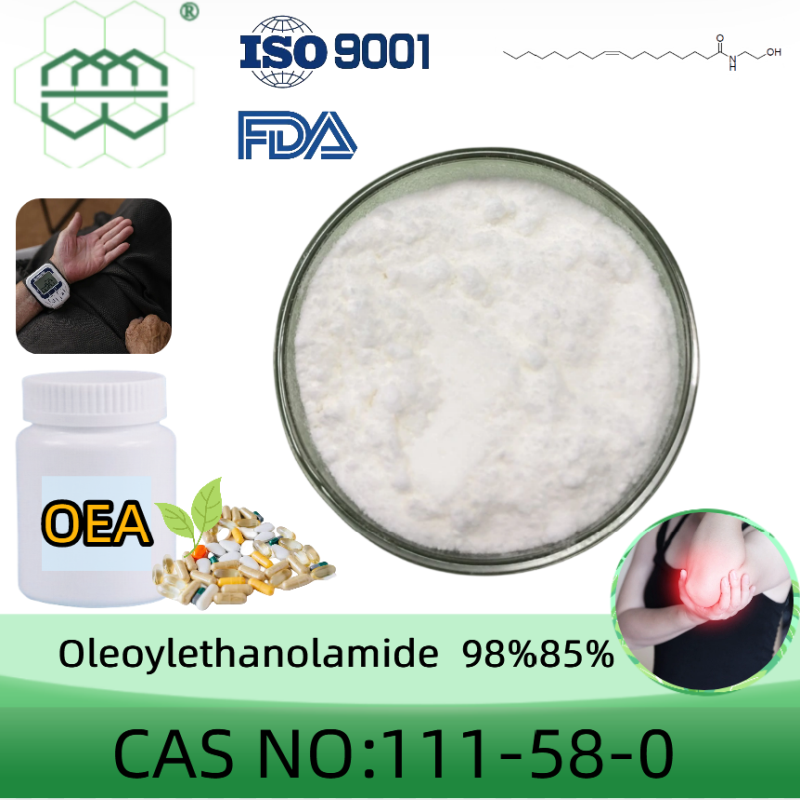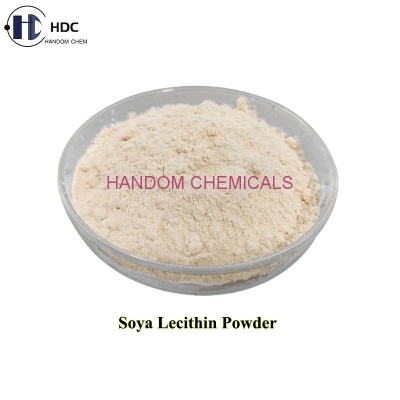-
Categories
-
Pharmaceutical Intermediates
-
Active Pharmaceutical Ingredients
-
Food Additives
- Industrial Coatings
- Agrochemicals
- Dyes and Pigments
- Surfactant
- Flavors and Fragrances
- Chemical Reagents
- Catalyst and Auxiliary
- Natural Products
- Inorganic Chemistry
-
Organic Chemistry
-
Biochemical Engineering
- Analytical Chemistry
-
Cosmetic Ingredient
- Water Treatment Chemical
-
Pharmaceutical Intermediates
Promotion
ECHEMI Mall
Wholesale
Weekly Price
Exhibition
News
-
Trade Service
Over the past few decades, the safety of many probiotics available to consumers has been based on knowledge
of their long history of being safe for consumption in humans.
However, the range of probiotics is expanding to include non-traditional probiotic strains that may confer health benefits but are often not present in food sources and have no history of
safe use.
Under the auspices of the USP Panel of Probiotics Panel, a group of industry and government scientists recently began reviewing current methods for assessing the safety of probiotics from a scientific perspective, while also examining current regulatory requirements
.
The newly published paper summarizes the scientific framework used to assess the safety of probiotics in food and dietary supplements, including the importance of
comprehensive genomic characterization.
The paper questions the value of
animal testing on probiotics used in humans.
In addition, the article considers emerging technologies for safety testing and how production practices can play an important role
in the safety of the final product.
Recognizing that regulatory approaches to the safety of probiotics vary widely around the world, this article highlights scientifically significant safety assessment methods
.
The risk level of probiotics is determined based on available information on the history of safe use
.
Additional testing
is not recommended for species strains recognized by authorities with a sufficient history of safe use and whose genomes do not show genes of concern.
However, if there is a gene of concern or a history of lack of safe use, additional testing
is required.
The safety of genetically modified probiotics or probiotics used as medicines is not covered
in this article.
Dr.
Mary Allen Sanders, co-author of the paper and executive officer of the International Association for Probiotics and Prebiotic Sciences (ISAPP), commented: "The current situation is that different countries have different criteria for showing the safety of the same probiotic strain, which is not ideal
.
The paper calls for a more coordinated regulatory approach
to probiotic safety based on sound scientific principles.
”
Sanders said that while probiotics are widely used in food and supplements and have a good safety record, determining the safety of innovative strains may require more extensive testing
before going to market.
Amy Roy, Procter & Gamble's chief toxicologist for product safety and regulatory affairs, led the writing effort
.
"We hope that this review, including the use of modern techniques and methods, will provide useful recommendations
for completing a comprehensive safety assessment of probiotics," she said.
ISAPP is an international non-profit organization dedicated to advancing the science of probiotics, prebiotics and related substances such as synbiotics, postbiologics and fermented foods
.
Founded in 2002, ISAPP brings together the world's leading scientific experts to change the paradigm of research and understanding probiotics and prebiotics
.
USP is an independent, scientific, nonprofit organization whose mission is to improve global health through public standards and related programs to help ensure the quality, safety, and effectiveness
of medicines, dietary supplements, and foods.







